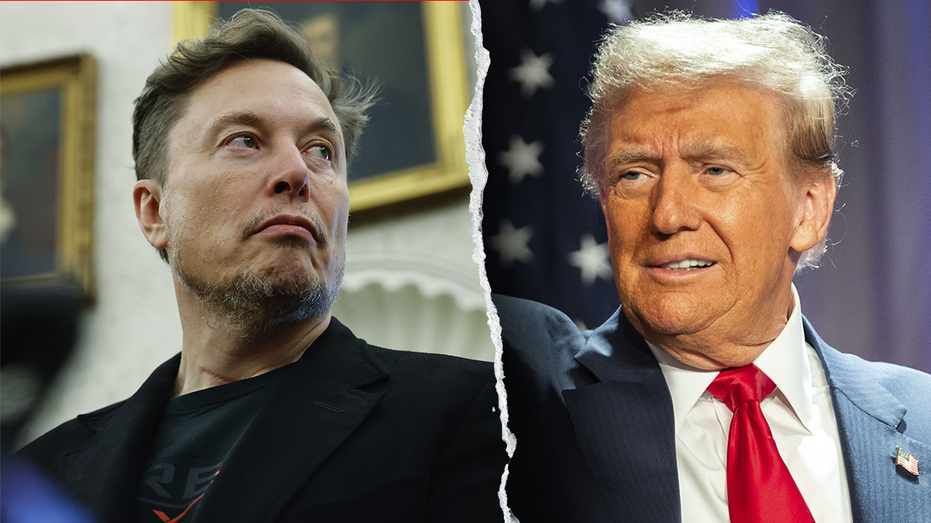Dogecoin (DOGE) Rally Continues: Hill Hawk Promises Ongoing Crackdown on Government Waste After Elon Musk Support
House and Senate DOGE caucuses push to recover $162 billion in improper payments and COVID fraud amid Tesla CEO's departure

The political shake-up triggered by Elon Musk’s high-profile departure from the Department of Government Efficiency (DOGE) has not slowed congressional momentum for sweeping government reform. Despite a very public schism between Musk and President Donald Trump, lawmakers remain intent on continuing the transformative initiatives started under Musk’s leadership, as they seek to remodel government spending and oversight.
Representative Aaron Bean, Republican chairman of the House DOGE Caucus representing Florida, emphasized the durability of the DOGE mission beyond any single personality. “It’s never easy to see two friends at odds, but DOGE is bigger than any one person,” Bean remarked, underscoring that the caucus’s priorities remain fixed on curbing waste, enforcing fiscal discipline, and protecting taxpayer dollars. With 110 committed members, the caucus is preparing a major push next week targeting reforms in the Treasury’s payment infrastructure—an effort aimed directly at reducing improper government disbursements.
This concerted drive comes as the committee continues work to address what Bean called a “longstanding issue” that costs the government up to $162 billion annually in wrongful payments. The problem persisted across multiple administrations, but intensified focus and past collaboration—including efforts with Treasury Secretary Scott Bessent—have laid a foundation for systemic fixes.
Looking ahead, the caucus is partnering with House Speaker Mike Johnson to pursue $9.4 billion in cuts identified by DOGE, which have already moved forward for congressional consideration. Although Republicans have recently faced internal and external criticism for perceived delays in enacting these recommendations, leadership insists that legislative timing hinges on technical requirements, such as the need for formal requests or specific bill structures to satisfy Senate processes.
The appetite for reform extends across Capitol Hill. In the Senate, Joni Ernst of Iowa—a leading advocate—has intensified scrutiny of pandemic relief spending. Her recent focus on a federal report revealed nearly $80 billion in potentially fraudulent COVID-19 aid payouts, highlighting vulnerabilities in the government’s emergency response. Ernst cited failures in basic application verification—especially failure to cross-check Social Security numbers and death records—as obvious, preventable mistakes that enabled rampant abuse.
This revelation prompted Ernst to announce new legislation, dubbed the DOGE in Spending Act, designed to tighten controls and prevent future fraud. “There is nothing more frustrating than losing billions of dollars to preventable fraud,” she stated, emphasizing that her bill will target structural loopholes exploited by so-called “con artists” during the pandemic.
As Musk departs, the enduring impact of his tenure remains clear. Both House and Senate leaders signaled their commitment to preserving and expanding Musk-inspired reforms—making it evident that, in their view, the larger cause of government efficiency and transparency will continue to drive legislative agendas for the foreseeable future.




